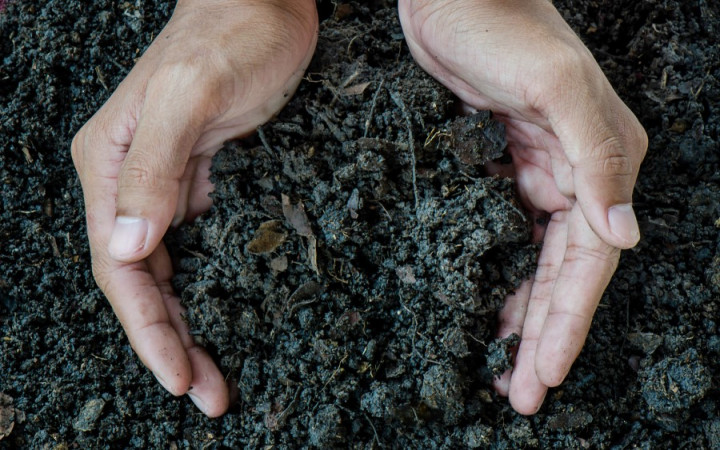Today’s Wonder of the Day was inspired by Owen from Seattle, WA. Owen Wonders, “How does cow manure turn in to fertliszer” Thanks for WONDERing with us, Owen!
When April showers roll around, there's a hope that they'll bring one thing: May flowers! If there's one thing that most people look forward to in spring, it's the reawakening of nature in the form of growing plants and blooming flowers.
Do you like to plant flowers or your very own vegetable garden? It can be very to watch flowers bloom in your yard or eat vegetables from your personal garden. Watching nature produce food and beautiful plants is like science in action!
If you plan to plant a garden, there are a few things you'll need. In addition to a patch of land or a large flower pot, you'll need seeds. With the help of a few gardening tools, you can break up the soil and plant the seeds. After adding a little water, the Sun and nature will take care of the rest, right?
Not so fast! Although soil often contains enough nutrients to get those seeds to sprout, you'll want to add something else if you really want your plants to thrive. What are we talking about? Fertilizer, of course!
Plants need six basic nutrients to survive and thrive: carbon, hydrogen, oxygen, nitrogen, phosphorus, and potassium. The first three — carbon, hydrogen, and oxygen — can be obtained from the air and water.
Nitrogen, phosphorus, and potassium, however, usually come from the soil. Not all soil is rich in these nutrients, though. If your plants are going to grow like you want them to, then you're probably going to need to supply those nutrients by adding fertilizer.
Fertilizers come in two basic types: organic and synthetic. Organic fertilizers are made from natural, organic (living) materials, such as peat moss, bone, seaweed, composted plant materials, and animal manure. Synthetic or inorganic fertilizers are manufactured chemically or produced from rocks and minerals.
Organic and synthetic fertilizers differ in more ways than just their composition. Synthetic fertilizers dissolve in water and can be used by plants immediately. They help plants to get off to a quick start, but they don't usually do much to improve overall soil health in the long run.
Organic fertilizers, on the other hand, don't break down quickly. Since it can take months to release nutrients, organic fertilizers are often applied in the fall so nutrients will be available by spring. Although it takes them longer to provide nutrients, organic fertilizers tend to improve soil structure and provide benefits that can last for multiple growing seasons.
Many farmers and gardeners choose to use a combination of organic and synthetic fertilizers over the course of a typical growing season. Farmers, in particular, often have a lot of one type of fertilizer on hand: animal manure!
Manure from cows and horses make great fertilizer, as long as it is allowed to age and is mixed with compost. As manure breaks down, it adds nutrients that plants can use. It also conditions and enriches the soil, helping it to retain moisture and reduce runoff.





